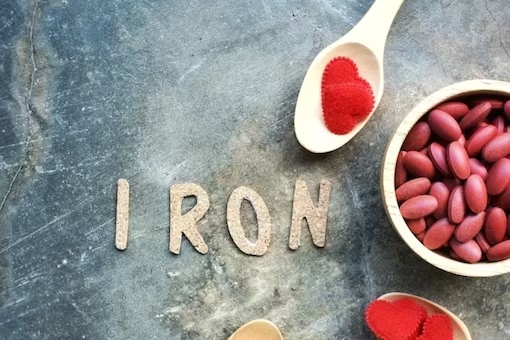Food plays a pivotal role in maintaining overall health, providing essential nutrition, and is crucial for the well-being of both the mind and body. Insufficient or improper food intake can result in symptoms of irritability and mood swings, impacting an individual’s ability to control their emotions and, subsequently, influencing their surroundings and inner peace. Reports indicate that nutritional deficiencies are significant contributors to mood-related issues, highlighting the importance of understanding key nutrients vital for mental well-being.
Vitamin D:
Vitamin D, recognized as one of the most crucial nutrients, exists in its hormonal form and is integral for mental health.
Deficiency in Vitamin D is linked to mood-related disorders.
Exposure to early morning sunlight is recommended to ensure adequate Vitamin D levels, supplemented by the option of nutritional supplements.
Iron Deficiency:
Iron plays a crucial role in transporting oxygen to the blood, and its deficiency can lead to anaemia.
Common symptoms of anaemia include fatigue, irritability, and mood swings, stemming from reduced oxygen supply to the brain.
Iron-rich foods such as raisins, goat’s liver, dates, and papayas are recommended to address anaemia.
Magnesium:
Magnesium is essential for various bodily functions, particularly nerve-related functions.
Low magnesium levels are associated with anxiety, depression, and feelings of sadness.
Consumption of magnesium-rich foods like quinoa, whole wheat, avocado, and dark chocolate is recommended to meet magnesium needs.
Vitamin B:
Vitamins B6, B12, and folate are critical for the proper functioning of the nervous system.
Inadequate intake of B vitamins impacts the production of mood-enhancing hormones serotonin and dopamine.
Ensuring sufficient consumption of foods rich in Vitamin B, such as fortified cereals, leafy greens, and lean meats, is crucial for preventing mood-related problems.
Recognising the role of specific nutrients in mental health is paramount. Incorporating a balanced diet with a focus on foods rich in Vitamin D, iron, magnesium, and Vitamin B can contribute significantly to maintaining emotional well-being and preventing mood-related disorders. As nutritional deficiencies are identified as major contributors to mood swings and irritability, promoting awareness about the importance of a nutrient-rich diet becomes crucial for overall mental health.


